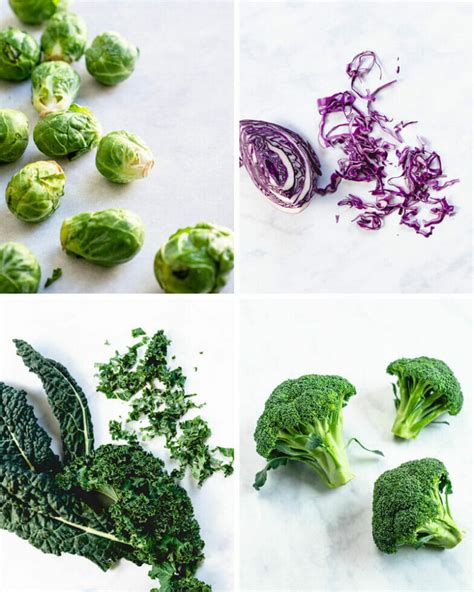What specific nutritional considerations are vital for men to support prostate health as they age, beyond general antioxidant intake?

Navigating Prostate Health Through Targeted Nutrition as Men Age
As men mature, the health of their prostate gland becomes an increasingly pertinent concern. While a general intake of antioxidants is beneficial for overall well-being, supporting prostate health specifically demands a more nuanced and targeted nutritional strategy. Focusing on key micronutrients and specific food compounds can play a vital role in maintaining prostate function, mitigating age-related issues, and potentially reducing risks associated with common prostate conditions.

The Specifics Beyond Broad Antioxidants
While antioxidants like Vitamin C and E contribute to cellular protection, prostate health benefits significantly from particular compounds that exert specific actions within the prostate tissue. These include anti-inflammatory properties, hormone regulation, and support for healthy cell growth and differentiation. Understanding these specific roles allows for a more effective dietary approach.
Lycopene: The Red Shield for Prostate Cells
Lycopene, a potent carotenoid responsible for the red pigment in tomatoes, watermelons, and pink grapefruit, is perhaps one of the most studied nutrients for prostate health. Research suggests that lycopene, especially when consumed from cooked tomato products (like sauce or paste) where its bioavailability is enhanced, may help reduce the risk of prostate cancer and slow the progression of benign prostatic hyperplasia (BPH). Its powerful antioxidant activity specifically targets prostate cells, offering protection against oxidative stress.

Zinc: A Mineral Cornerstone for Prostate Function
Zinc is an essential trace mineral found in high concentrations in a healthy prostate gland. It plays a crucial role in immune function, cell division, and hormone metabolism. Studies indicate that zinc deficiency may contribute to prostate issues, including inflammation and impaired cell function. Incorporating zinc-rich foods such as oysters, pumpkin seeds, beef, and legumes can help ensure adequate levels, supporting the prostate’s normal cellular activity and defense mechanisms.
Omega-3 Fatty Acids: Taming Inflammation
Chronic inflammation is a known contributor to many age-related diseases, including prostate conditions. Omega-3 fatty acids, particularly EPA and DHA found in fatty fish like salmon, mackerel, and sardines, possess powerful anti-inflammatory properties. They help balance the body’s inflammatory response, which can be beneficial in reducing prostate inflammation and supporting overall prostate health. Plant-based sources like flaxseeds, chia seeds, and walnuts also provide ALA, a precursor to EPA and DHA.

The Power of Cruciferous Vegetables
Vegetables from the Brassica family, including broccoli, cauliflower, kale, and Brussels sprouts, are nutritional powerhouses. They contain compounds like sulforaphane and indole-3-carbinol (I3C), which are known for their detoxifying properties and ability to influence hormone metabolism. These compounds may help regulate estrogen levels in men, which can impact prostate health, and support healthy cell growth by promoting beneficial enzyme activity and inhibiting harmful ones. Aim for several servings per week to reap their protective benefits.

Selenium and Other Micronutrients
Selenium, another trace mineral, has been linked to a reduced risk of aggressive prostate cancer in some studies, although findings are mixed and suggest benefits might be more pronounced in those with low baseline levels. Brazil nuts are an excellent source, providing a significant amount in just one or two nuts. Additionally, Vitamin D and certain plant sterols (found in foods like soy and legumes) have also shown promise in supporting prostate health by influencing cell growth and hormone balance.
Holistic Dietary Patterns and Lifestyle Choices
Beyond individual nutrients, a holistic dietary pattern rich in whole foods, fiber, and healthy fats is paramount. Limiting red and processed meats, excessive dairy, and highly refined sugars can further support prostate health. Adequate hydration and maintaining a healthy weight also contribute significantly to reducing the risk factors associated with prostate issues as men age. Regular physical activity complements these nutritional efforts, enhancing overall physiological well-being.

Conclusion: A Proactive Plate for Prostate Longevity
While general antioxidants provide a baseline of protection, proactively addressing prostate health in aging men requires a more focused nutritional strategy. Incorporating specific nutrients like lycopene, zinc, and omega-3 fatty acids, alongside a regular intake of cruciferous vegetables and a generally whole-food, plant-forward diet, can significantly contribute to maintaining prostate function and reducing the risk of common age-related concerns. Consulting with a healthcare professional or a registered dietitian can provide personalized guidance for optimal prostate health through diet.








